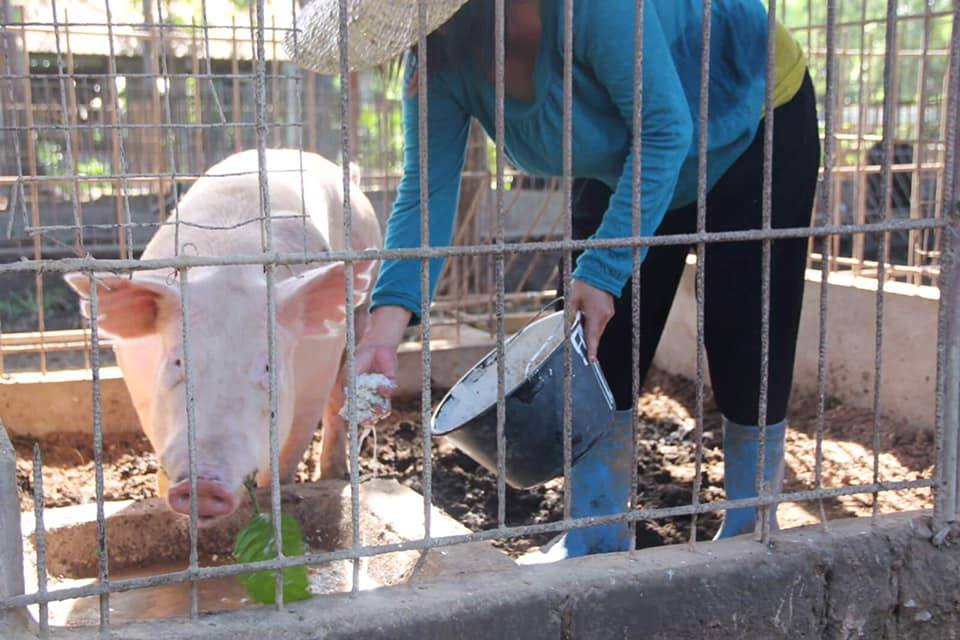
There are no cases of African swine fever in the country, but the Agriculture department is encouraging the public especially those in the hog raising industry to be always vigilant and to strictly follow measures to ensure that live pigs or processed meat from ASF infected countries cannot enter the country. Photo courtesy of Bureau of Animal Industry FB page
CEBU CITY, Philippines — Department of Agriculture (DA-7) Regional Executive Director Salvador Diputado assured hog raisers that various agencies continue to be vigilant to prevent the entry of African swine flu or fever (ASF) in Central Visayas.
“There is no cause for fear or alarm in Central Visayas,” Diputado maintained in a statement posted on the DA-VII Facebook page. “There is no confirmed case of ASF as yet in the Philippines.”
However, he called on the public to remain vigilant and to strictly observe measures that would ensure that infected live pigs and pork products would not be introduced to the Philippines.
These measures include the following:
– Prohibition of importation and entry of domestic and wild pigs and swine products whether fresh, frozen, cooked, uncooked processed pork products and by products from countries with ASF cases;
– Proper disposal of waste food from international aircraft and shipping vessels from ASF infected countries;
– Require travelers to pass through footbaths installed at all ports; and,
– Strict inspections by the Bureau of Customs and Veterinary Quarantine officers of the baggage brought in by international travelers.
The ASF is a highly contagious hemorrhagic disease of pigs and wild boars caused by a virus. It is characterized by high fever, loss of appetite, hemorrhages in the skin and internal organs and death occurring between two to 10 days.
According to the regional director, the mortality rate due to the disease could reach 100 percent of the affected population.
There is no known treatment of sick pigs nor is there a vaccine to prevent it, he added.
While the virus would not pose any health risk to humans, Diputado said, an outbreak could affect a big number of live hogs/pigs in the Philippines. Because of this, it had been considered as a grave threat to the swine industry, he noted.
Diputado said the DA Regional Field Office 7 and its partner agencies such as the Regional Veterinary Quarantine Service Office, the Bureau of Customs the provincial, municipal and city veterinarians in Central Visayas remain on guard against ASF entry.
Based on Philippine Statistics report on the industry for the years 2015-2017, Central Visayas has 192,199 hogs in 2017. Of this figure, Cebu has the most number at 97,658, followed by Bohol (50,095) and Negros Oriental (40,886). Siquijor has the least swine with only 3,560.
Cebu has several commercial swine farms./dbs